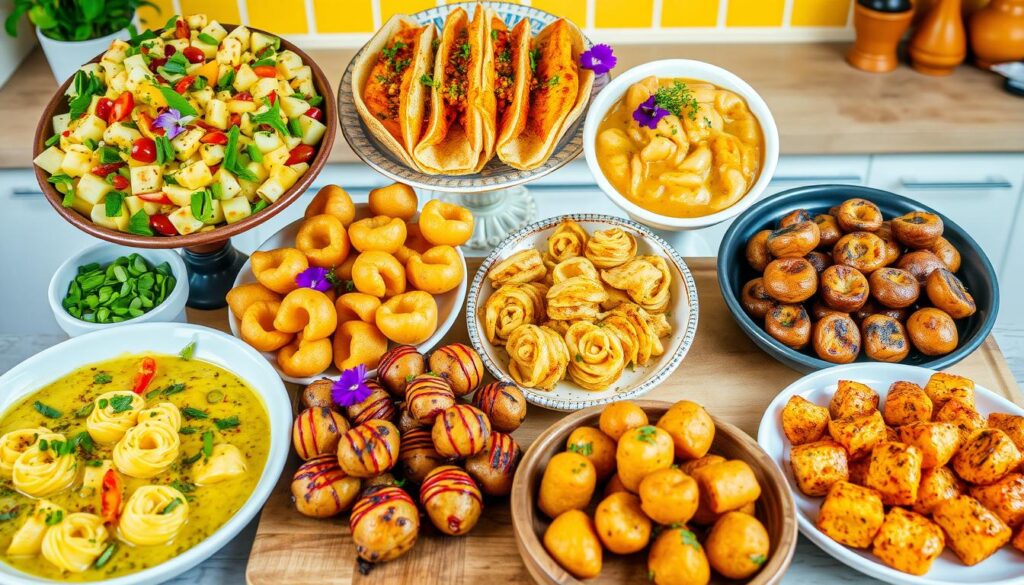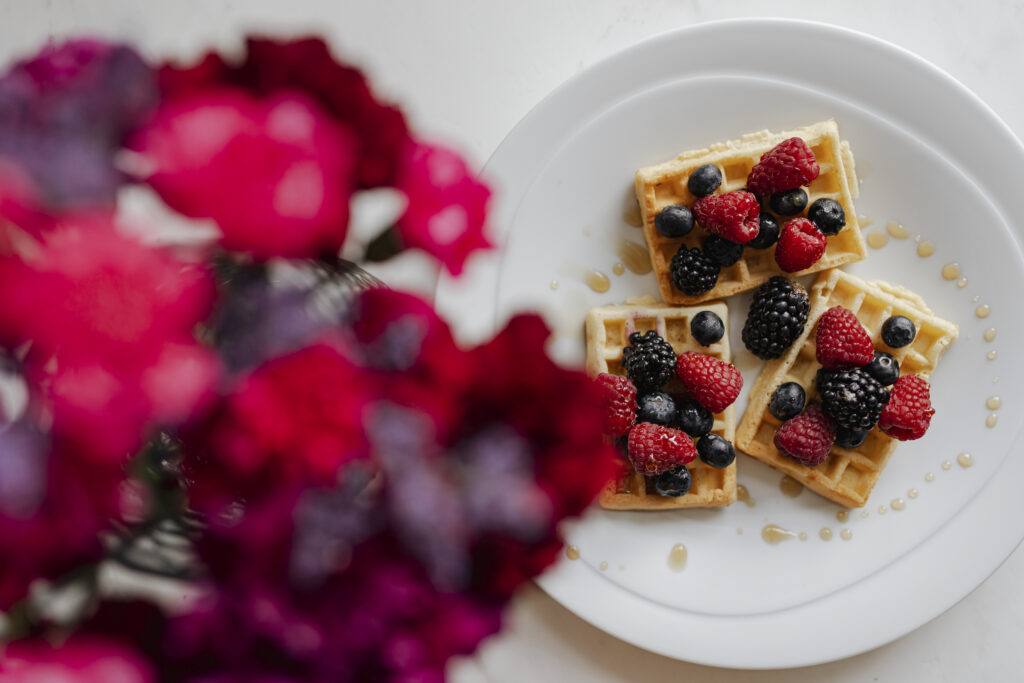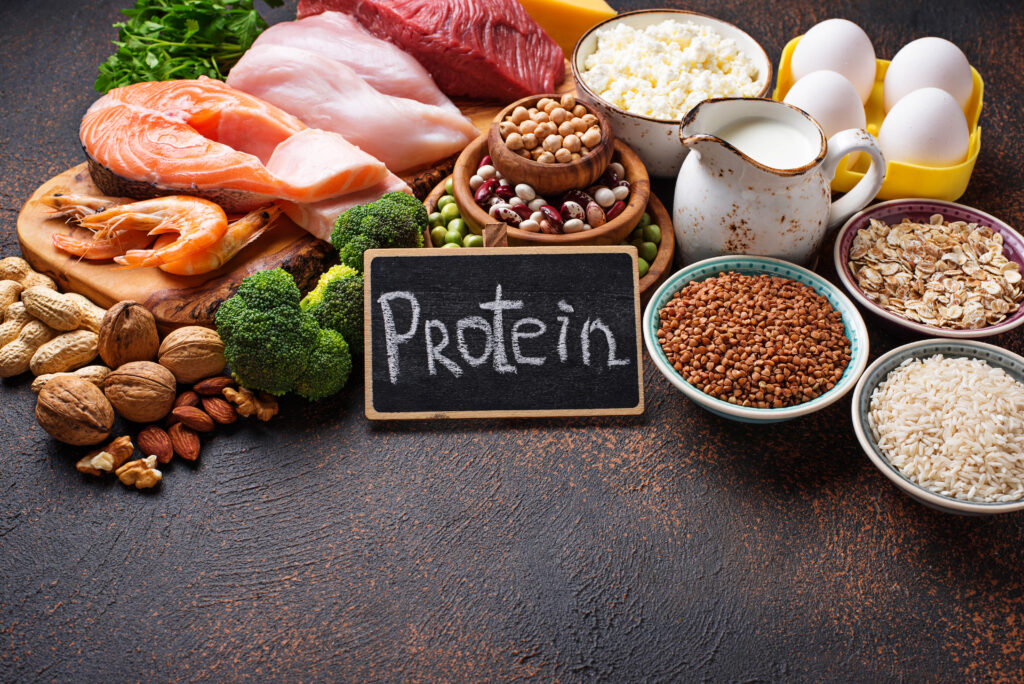Being a vegan for 27 years has taught me a lot. Making small changes can make a big difference. I eat mostly organic vegan food and buy local produce. This supports sustainable and ethical choices.
Buying European fruit when it’s in season helps cut down my carbon footprint. It’s crucial to use plant-based ingredients as protein sources. This keeps my diet balanced and sustainable.
The vegan community is worried about sustainability. The IPCC says we should eat less meat for the planet. This starts a conversation about veganism’s role in saving our planet.
To live a green plant-based life, I aim for balance. I cook from scratch with fresh fruits and veggies. Legumes, pulses, and nuts are great protein sources instead of meat.
Chef Bob suggests mushrooms, sweet potatoes, and chickpeas for a tasty, sustainable diet. By following these tips, we can lessen our environmental impact. And still enjoy a rich vegan lifestyle.
Reducing Food Waste in Your Vegan Kitchen
As a vegan, I’m always looking for ways to reduce my environmental impact. I’ve made big strides in cutting down kitchen waste. By using zero-waste cooking and sustainable meal planning, I’ve greatly reduced food waste.
One key strategy is composting food scraps. I collect vegetable peels, coffee grounds, and other organic waste in a compost bin. This compost enriches my garden, helping grow more food for my vegan meals.
I also get creative with ingredients to reduce waste. For instance, I use citrus peels for cleaning and save vegetable scraps for broth. This way, I stretch my budget and cut down on waste.
Sustainable meal planning is crucial too. I plan meals ahead and buy only what I need. Shopping at bulk bins for staples like grains and nuts also cuts packaging waste.
These eco-friendly steps have greatly reduced our household’s food waste. It’s a small but significant step towards a greener vegan lifestyle. I’m always looking for more ways to lessen my kitchen’s environmental impact.
Embracing Bulk Bin Shopping for a Plastic-Free Pantry
As a vegan, I’ve found joy in zero-waste grocery shopping. Using reusable bags and containers for bulk bins is a game-changer. It cuts down on single-use plastics and saves money on pantry staples.
In the Hudson Valley, stores like Bulk Barn and Garden City Essentials support plastic-free living. They have a wide range of bulk items like oats, beans, and nuts. It’s fun to find new vegan products for my pantry.
Before shopping, I clean my containers and bags. Bulk Barn and Garden City Essentials have rules for containers. Buying only what I need helps reduce waste and supports a zero-waste lifestyle.
Some stores also sell personal care and household items in sustainable packaging. By shopping here, I help reduce plastic waste. I’m also pushing for a greener future.
Ditching Single-Use Plastics for a Greener Lifestyle
As a vegan, I’m always looking for ways to reduce my environmental impact. One big change I’ve made is getting rid of single-use plastics. Did you know that eight million tonnes of plastic enter the ocean each year? And plastic pollution in oceans is set to double by 2025.
By using reusable shopping bags, eco-friendly food storage, and sustainable food packaging, we can make a big difference.
I started by buying reusable grocery bags. It’s shocking that only 1% of plastic grocery bags are recycled. Now, I keep my bags in the car for shopping trips.
For food storage, I’ve switched to glass containers and silicone bags. The average household uses 500 plastic baggies a year. But with reusable options, we can cut that number way down.
In the bathroom, I’ve made changes too. The average woman throws away between 10,000 and 15,000 pads and tampons in her lifetime. I’ve switched to a menstrual cup and reusable cloth pads. They’re better for the environment and more comfortable and cost-effective.
I also use a bamboo toothbrush and biodegradable floss to reduce plastic waste. Making these simple swaps has been easy for me as a vegan. By choosing reusable shopping bags, eco-friendly food storage, and sustainable food packaging, we can all help protect the planet and the animals we share it with.
Investing in Eco-Friendly Storage Solutions
As a vegan, I always look for ways to live more sustainably. I’ve made big changes in my kitchen storage. I now use glass food containers and silicone storage bags. This has cut down my use of single-use plastics and made my kitchen more organized.
Glass food containers are a big help for a green kitchen. They’re tough, safe, and can be used many times. They also look good and help you see what’s inside, so you don’t forget food.
Silicone storage bags are a great alternative to plastic bags. They’re reusable, easy to clean, and good for storing food or snacks. They come in different sizes and colors, making them perfect for any need.
Choosing these eco-friendly storage options has helped me live greener and keep my kitchen tidy. With a bit of initial investment, you can make your vegan kitchen more sustainable and organized too.
Supporting Environmentally-Conscious Vegan Brands
As a vegan, I think it’s important to support brands that care about the planet. Choosing brands that focus on sustainability helps us all. For example, Ripple Foods is hosting “Milk Trade-In” events. They encourage people to try their plant-based milk, which comes in eco-friendly packaging.
Beyond Meat’s Beyond Burger is a great choice for the environment. It produces 90% fewer greenhouse gases and uses 99% less water than beef burgers. By choosing plant-based options like Beyond Burger, we can help the planet.
Forager Project is another brand I like. They have special packaging that says, “Eat Organic Vegan Food & Help Save Our Planet.” Supporting local farmers and businesses also helps reduce carbon emissions and boosts our community’s economy.
In fashion, I look for brands like Warp + Weft. They use much less water to make jeans than traditional methods. Sezane upcycles over 13,000 garments, and Made Trade has a vegan men’s line using sustainable materials. By choosing these brands, we can make a difference every day.
Switching to Solid Toiletries for a Zero-Waste Bathroom
Living a sustainable vegan lifestyle means making eco-friendly choices. One key change is switching from liquid toiletries to solid ones. This includes using vegan shampoo bars and bar soap instead of liquids in plastic bottles.
Did you know that 80 billion plastic bottles from shampoo and conditioner are thrown away every year? By 2050, there could be more plastic than fish in our oceans. Choosing eco-friendly personal care products can help reduce this problem.
Solid toiletries, like vegan shampoo bars and bar soap, are just as effective. They often last longer, saving you money. Brands like Ethique offer these products for $6 to $17, making it easy to go zero-waste.
Think about other ways to cut down on waste in your bathroom. For example, 50 million pounds of plastic toothbrushes end up in landfills each year. Using a bamboo toothbrush or a stainless steel safety razor can help. These items are recyclable and can last a lifetime.
By choosing solid toiletries and eco-friendly personal care, you can make your bathroom zero-waste. Small changes, like using package-free soap and vegan shampoo bars, can make a big difference. They help the planet and encourage others to live more sustainably.
Embracing Sustainable Vegan Living for a Greener Future
Choosing a vegan lifestyle is a big step towards a greener future. It helps us live more sustainably and reduce our environmental footprint. By making small changes every day, we can make a big difference.
Studies show that vegan diets are better for our health. They lower the risk of heart disease, diabetes, and some cancers. Plus, they use less land, water, and energy than animal-based foods.
The demand for vegan products has grown a lot. This means more vegan options are available. Eating whole grains, legumes, fruits, and veggies is good for us and our wallets. It’s also better for the planet.
Supporting vegan brands and buying local produce helps too. It reduces our carbon footprint and supports a sustainable food system.
Being vegan isn’t just about food. It’s also about reducing waste. I use eco-friendly storage, avoid single-use plastics, and choose solid toiletries. These changes help the planet and save money.
Sharing my vegan journey inspires others to live sustainably. Together, we can make our planet greener.






